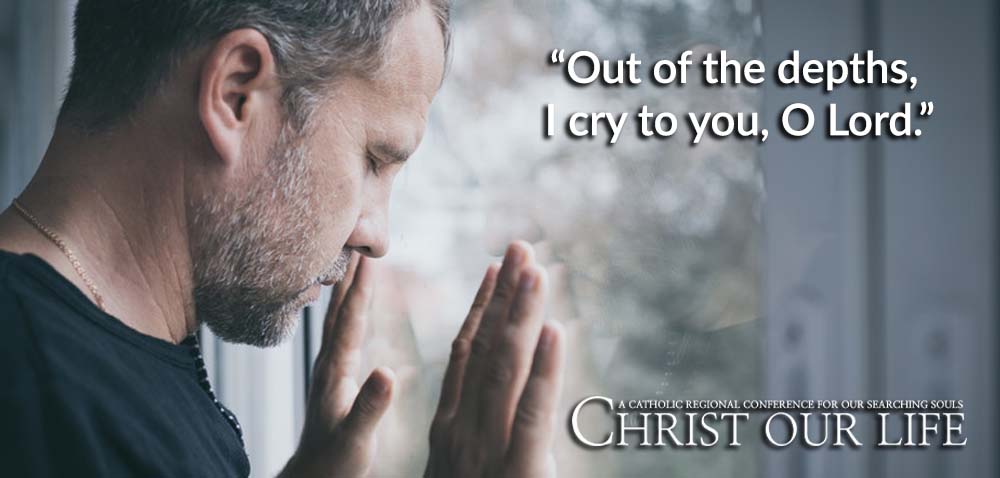By Tom Quiner
Psalm 130

“Out of the depths, I cry to you, O Lord.”
The psalmist might allude to drowning in the depths of dark, cold water.
Or he might allude to life’s addictions and sins that separate us from God. Whatever the depth of our suffering, our soul is hardwired by God Himself to cry out to Him, our Creator and Savior, in times of distress.
When our heart is sincerely contrite, our Lord is ridiculously merciful. Christ Jesus gave us His Church and a beautiful sacrament, the Sacrament of Reconciliation, which cleanses us of our sin, restoring us to the fullness of redemption.
It is as if the sin never occurred in God’s eyes.
There’s a problem with our modern culture. The culture is increasingly trying to twist sin and transform it into something virtuous. Perhaps the most brazen example was Planned Parenthood’s “shout your abortion” campaign, which encouraged women to proudly and publicly proclaim their abortions.
How this must wound God, in whose image we were created.
Our hope of salvation is predicated on God’s forgiveness, which begins with His Son, and ends with our contrition. Psalm 130 beautifully expresses this recognition of our need for forgiveness:
“If You, O Lord, never forgave us, who could survive?”
The answer: not a one. But He does, and the psalmist tells us to sing it out:
“But you forgive us, yes, you forgive us, and for that we revere you.”
Psalm 130 is one of a set of psalms called “Psalms of ascent.” Faithful Jews sang it as they traveled to Jerusalem for religious feast days, which occurred three times a year. The temple was the highest point in the land, thus the ‘ascent.’
They were going up, rising, so to speak, as they approached Yahweh. Let Psalm 130 lift your soul. Sing it as you approach church for Mass. You are about to receive God’s lavish mercy and fullness of redemption. Thank-you, Abba Father!
